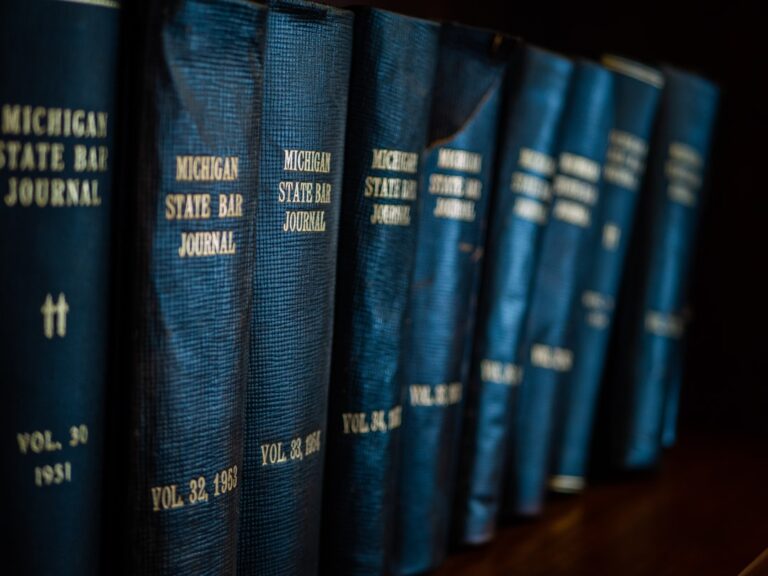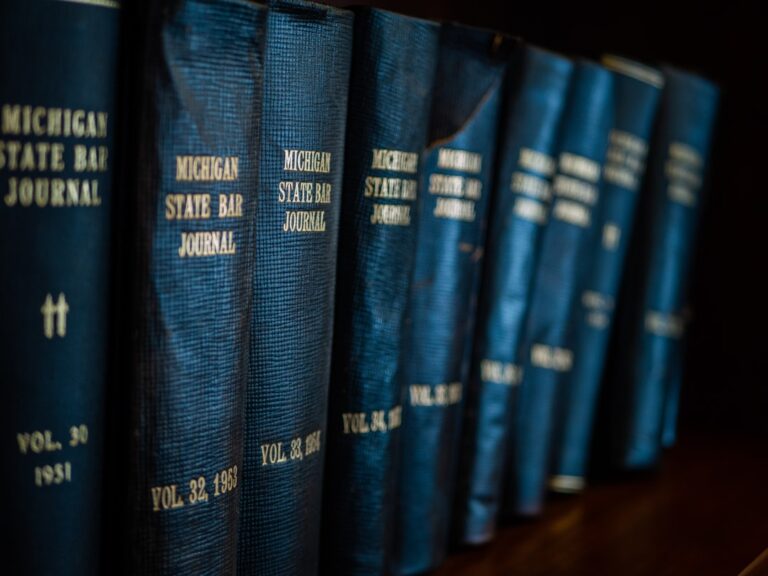Victims of sexual abuse in Indiana have a limited two-year window to file lawsuits, with specialized attorneys offering crucial guidance and navigating complex legalities, especially for minor victims. These lawyers leverage documentation, records, and expert testimony to prove historical cases, ensuring survivors receive justice within strict timeframes. Bloomington's legal community provides tailored support, challenging temporal barriers to help victims take action despite the Statute of Limitations.
In Indiana, navigating the legal landscape surrounding sexual abuse cases is complex, especially when dealing with the statute of limitations. This article delves into the intricate details of Indiana’s laws, exploring the time constraints on bringing forward historical sexual abuse claims. We examine the challenges victims face in proving such cases and highlight Bloomington’s pivotal role in advocating for extended time frames, offering hope and justice to survivors. For those seeking guidance from a sexual abuse attorney in Indiana, understanding these nuances is crucial.
Understanding Indiana's Statute of Limitations for Sexual Abuse

In Indiana, the Statute of Limitations for filing a lawsuit regarding sexual abuse is significant. It generally allows victims to take legal action within two years from the time they discover or should have discovered the abuse. This period is crucial for survivors who may have been hesitant to come forward due to shame, fear, or trauma. Understanding this timeline is essential for anyone considering seeking justice as a sexual abuse victim in Indiana, and consulting with a qualified sexual abuse attorney Indiana can provide invaluable guidance on navigating these legal complexities.
The two-year limit starts ticking from the date of the abusive act or its discovery. It’s important to note that this law aims to balance the rights of victims with the need for closure and justice. However, there are exceptions, such as cases involving a minor victim, where the Statute of Limitations can be extended. A sexual abuse attorney Indiana can help interpret these laws and determine if an individual’s case is within the legal time frame, ensuring they have the best chance at pursuing their rights.
Challenges and Complexities in Proving Historical Abuse Cases

Proving historical or past sexual abuse cases presents unique challenges for victims and their legal advocates. One significant hurdle is the statute of limitations, which varies by jurisdiction. In Indiana, for instance, individuals have a limited time to file civil lawsuits for sexual assault or abuse, typically ranging from 2 to 4 years from the incident. This timeline can be challenging when dealing with cases where the abuse occurred decades ago, as key evidence and witnesses may be difficult to locate.
Moreover, the passage of time often leads to gaps in memory and a lack of tangible proof, making it harder for victims to recount specific details. As such, sexual abuse attorneys in Indiana must employ strategic approaches when taking on these cases, utilizing any available documentation, medical records, expert testimony, and the victim’s memories to build a compelling case. These complexities underscore the importance of timely legal action and experienced representation for survivors seeking justice.
Bloomingtons Role: Advocating for Victims Beyond Time Limits

In the complex landscape of legal advocacy, Bloomington stands out as a beacon for victims of sexual abuse. Beyond the conventional time limits set by the Statute of Limitations, a Bloomington sexual abuse attorney plays a pivotal role in ensuring justice for survivors. Their expertise lies in navigating the unique challenges faced by individuals who have experienced traumatic acts, often many years or even decades ago.
By delving into these intricate cases, attorneys from Bloomington offer a vital service. They champion victims’ rights, providing legal counsel and representation tailored to their specific needs. This advocacy is crucial, as it allows survivors to take action, seeking redress and closure, regardless of the time elapsed since the abuse occurred. Such proactive efforts are instrumental in the ongoing fight against sexual assault, fostering an environment where justice knows no temporal boundaries.






